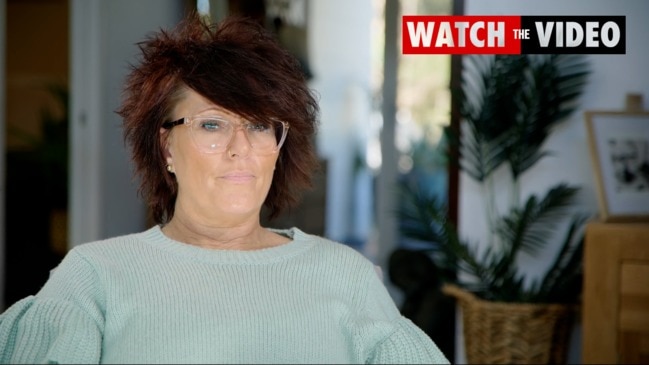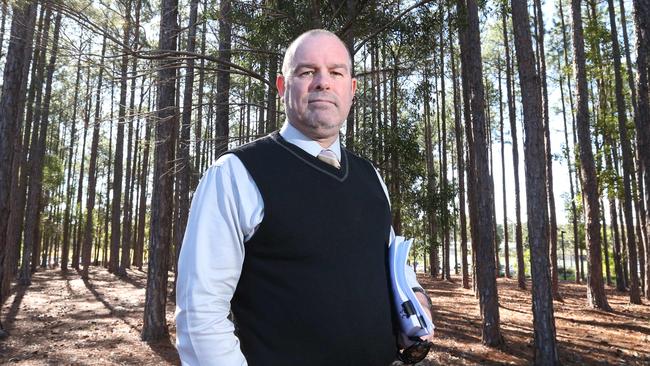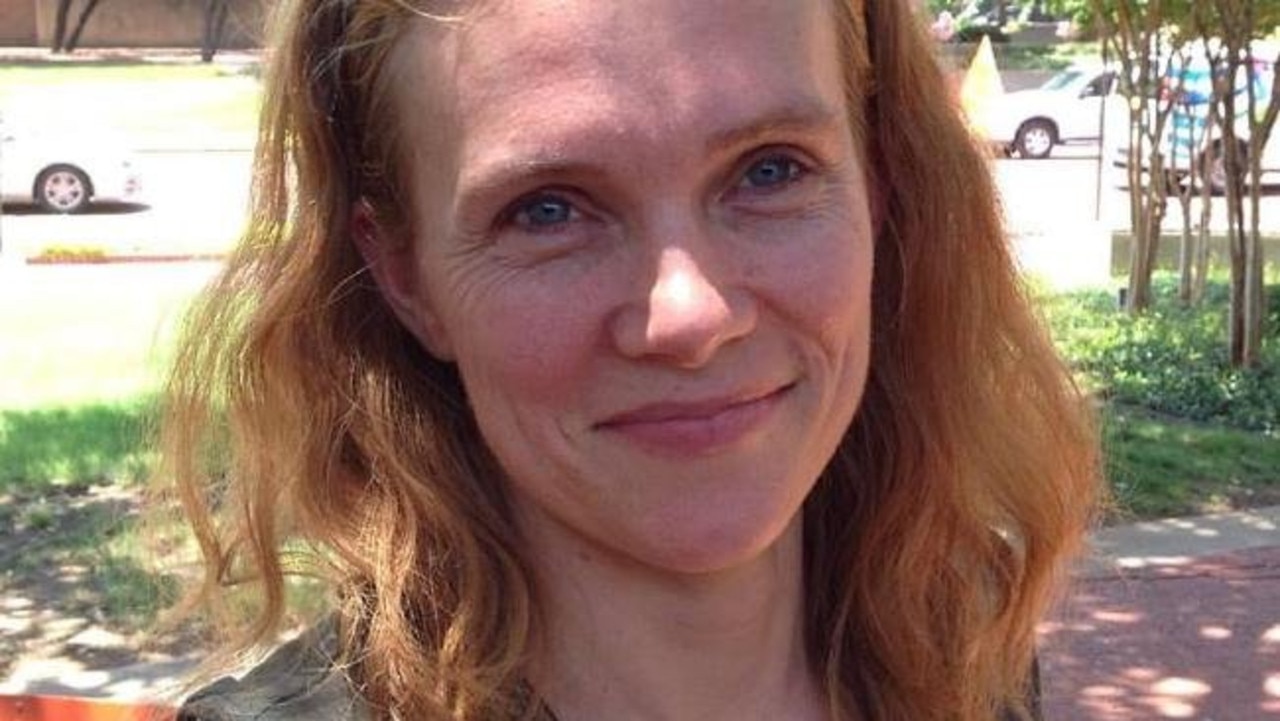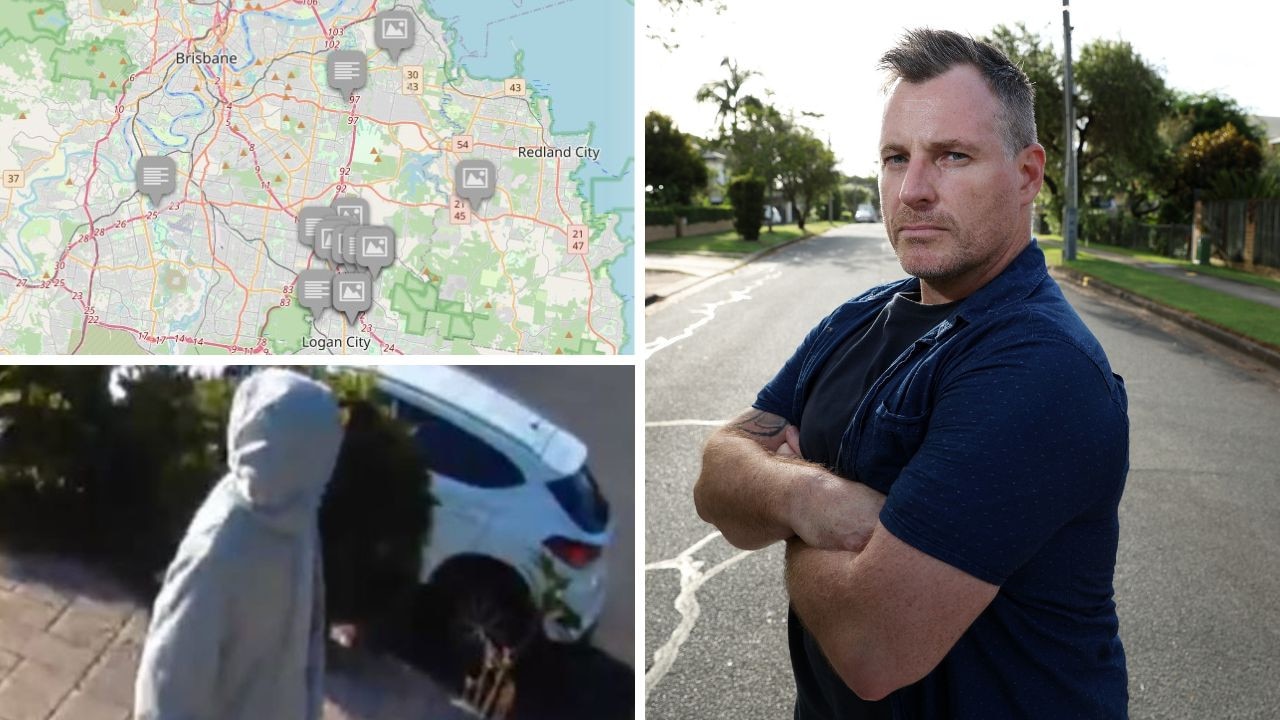Taxpayers could be billed for ex-bikies’ tattoo removals
Taxpayers could soon be paying for ex-bikies to have tattoos removed, as part of Queensland Police Service’s controversial bikie Exit Program. POLL

Police & Courts
Don't miss out on the headlines from Police & Courts. Followed categories will be added to My News.
Taxpayers could soon be paying for former bikies to have tattoos removed, as the Queensland Police Service’s controversial bikie Exit Program considers funding the expensive procedure for heavily inked convicted crims.
QPS said it was examining overseas models of similar programs where the laser procedure is government-funded.
SCROLL DOWN TO VOTE IN POLL
“The removal of gang-affiliated tattoos has been funded in overseas programs,” a QPS statement said.
“Overseas programs offer this service as it may assist individuals become more employable,” it said.
“The Exit Program intends to examine the research, outcomes and evidence from these programs before further considering a similar approach in Queensland.”

The procedure is not yet offered to participants as part of the Exit Program.
The cost to have tattoos laser removed can vary, with one session costing anywhere from $200-$1000 depending on the size of the tattoo, while most ink requires anywhere from five to ten sessions.
Criminologist Terry Goldsworthy said that the initiative would have to be carefully considered.
“I don’t know many people will be happy that taxpayers will be funding the removal of the gang member’s tattoos. I think ultimately these things come down to the responsibility of the individual, and if you’ve got the tattoo put on, you should at least contribute something to get it off,” he said.

It remains unclear if or how much of the removal will be funded by the taxpayer.
“The QPS, through a university research partnership, will continue examining gang exit strategies available across the world, including the feasibility of a tattoo removal service in future,” the police statement said.
Last month, The Courier-Mail revealed that former OMCG members Dan Kilian and Ben Geppert – who were both paraded as poster boys for the gang reform program in a QPS documentary – had allegedly reoffended after the documentary was filmed, but before it was publicly released by the QPS.
The revelation later prompted the QPS, who knew of the alleged reoffending, to quietly remove the promotional videos about the men.
Assoc Prof Goldsworthy said the QPS “may go above and beyond what members of society would think is reasonable in attempts to make sure (the program is) successful”.
“I would think this should be a very limited occasion in terms of the removal of tattoos,” he said.




